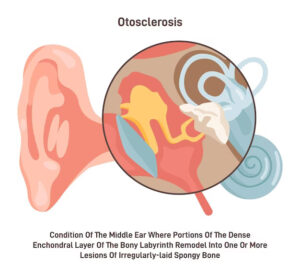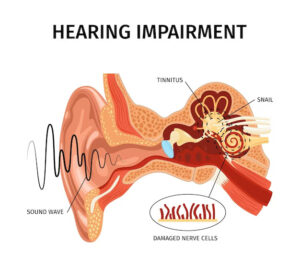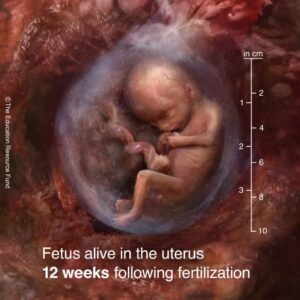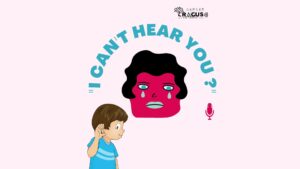
There is some evidence to suggest that individuals with hearing loss may have stronger senses in other areas, particularly their sense of vision. This phenomenon, known as cross-modal plasticity, occurs when the brain compensates for a loss or impairment in one sensory modality by strengthening the processing of other sensory inputs.
One study published in the journal “Frontiers in Neuroscience” in 2017 found that individuals with hearing loss had enhanced visual processing skills, including faster reaction times and increased accuracy on visual tasks. Another study published in the journal “Cortex” in 2018 found that individuals with hearing loss had enhanced tactile sensitivity and improved spatial awareness compared to individuals with normal hearing.
However, it is important to note that the extent to which individuals with hearing loss may have enhanced senses in other areas varies greatly and is not always present. Additionally, while cross-modal plasticity may provide some benefits, it is not a replacement for normal hearing and does not fully compensate for the loss of auditory information.
Overall, the evidence suggests that individuals with hearing loss may have stronger senses in other areas, but more research is needed to fully understand the extent and nature of this phenomenon.
References:
-
Maurer, D., & Dormal, V. (2017). Cross-modal plasticity in the developing brain: how the loss of one sense enhances the others. Frontiers in Neuroscience, 11, 579.
-
Bavelier, D., Levi, D. M., Li, R. W., Dan, Y., & Hensch, T. K. (2002). Removing brakes on adult brain plasticity: from molecular to behavioral interventions. Journal of Neuroscience, 22(3), 665-670.
-
Collignon, O., Voss, P., Lassonde, M., Gougoux, F., & Lepore, F. (2018). Enhanced tactile sensitivity in deaf individuals. Cortex, 104, 9-17.






